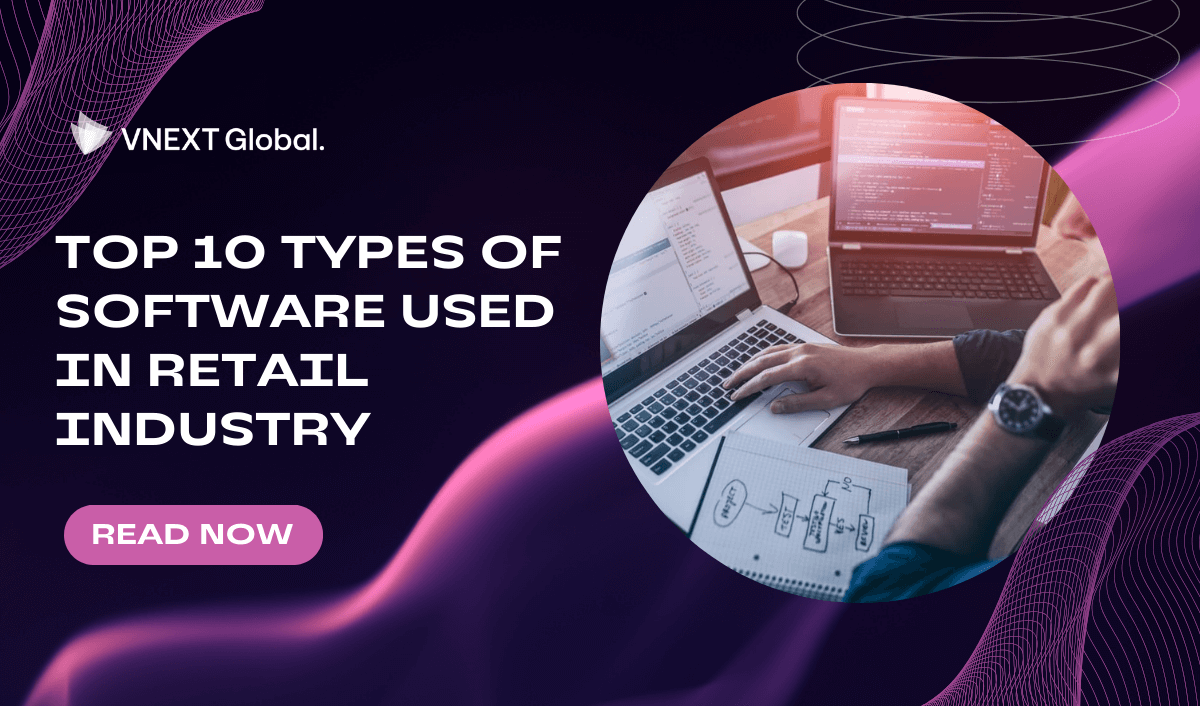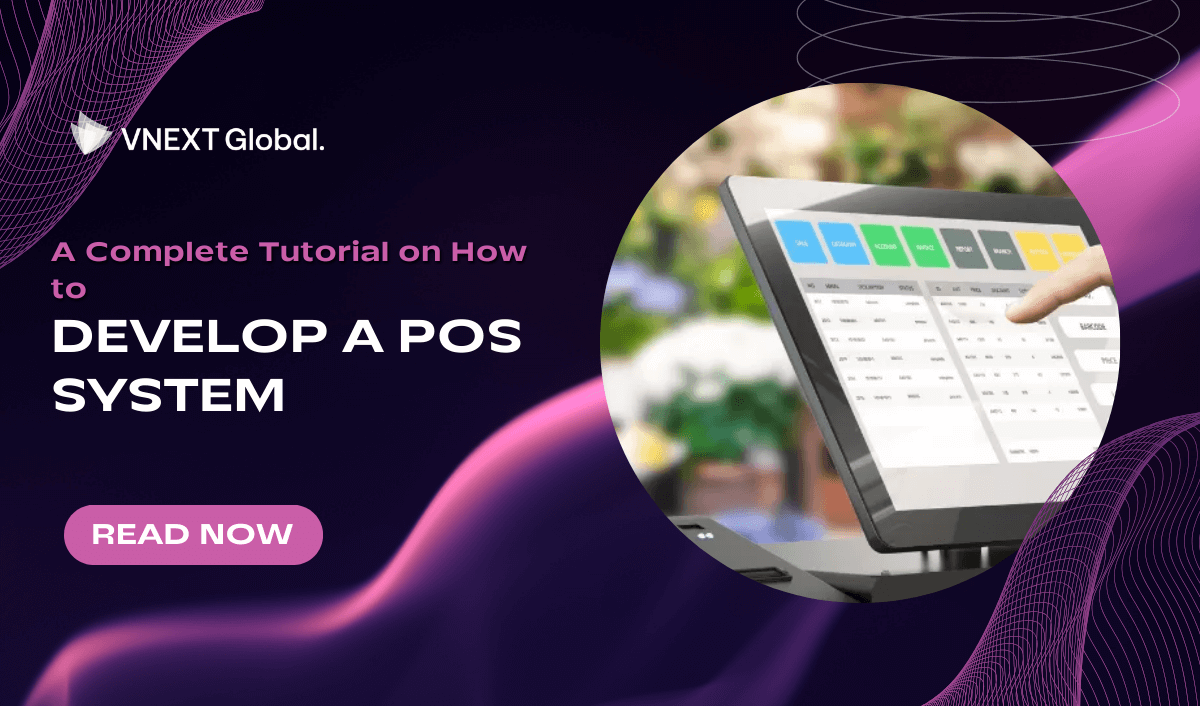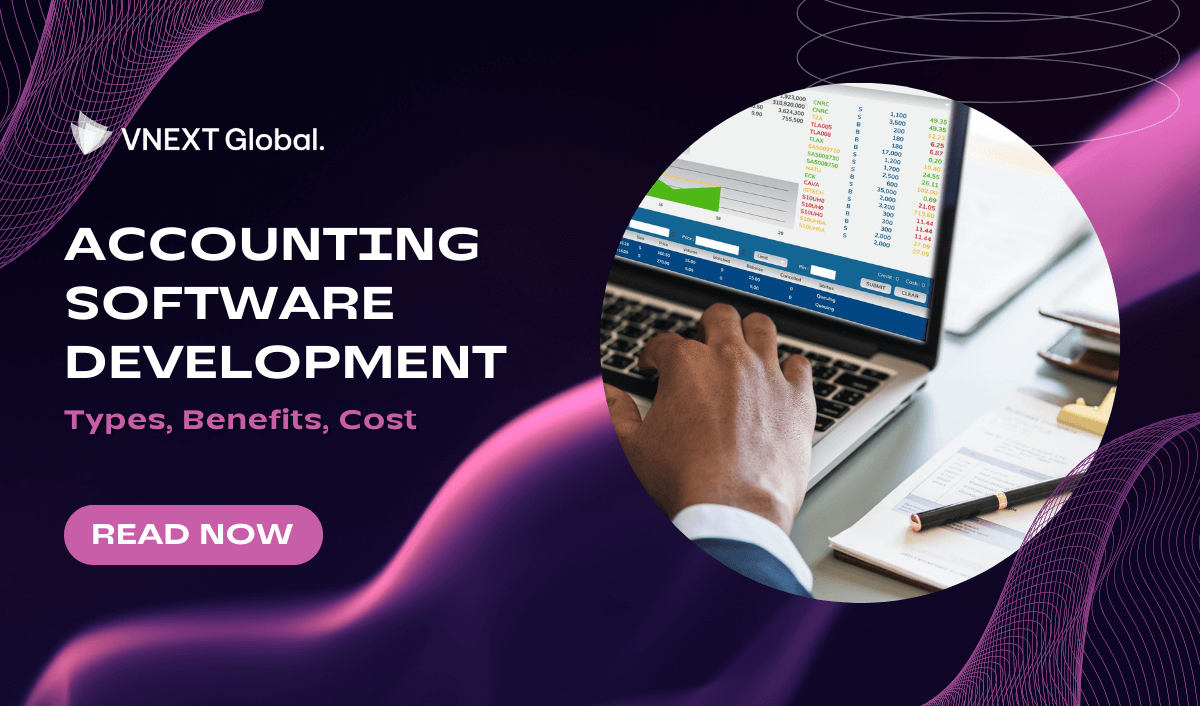Blockchain in Retail: The Past, The Present, and The Future
As one of the most disruptive technologies of our time, blockchain has the potential to transform the retail industry in profound ways. In this article, we'll examine how blockchain in retail has already been used, what current trends are shaping its future, and how retailers can stay ahead of the curve by embracing this technology. Let's delve in!
The Past: Blockchain's Impact on Retail
In order to fully grasp the ongoing trends in blockchain within the retail sector, it's crucial to delve into the historical evolution of this technology's impact on the industry.
Blockchain technology, often associated initially with cryptocurrencies like Bitcoin, has since demonstrated its far-reaching potential within the retail sector. While its adoption in this industry may seem relatively recent, its transformative effects have already started to manifest in various ways.
Early Pioneers: Walmart and Supply Chain Transparency
One of the pioneering moments in blockchain's retail journey came from Walmart in 2016. The retail giant, known for its innovation, began utilizing blockchain to meticulously trace the provenance of food products. This move was revolutionary as it not only improved food safety but also brought unparalleled transparency to the supply chain.
Walmart's initiative was swiftly followed by other prominent retailers like Carrefour and technology conglomerates like IBM. Carrefour, for example, employed blockchain to track the origins of exclusive textile products and organic items. IBM, on the other hand, joined hands with multiple retailers, offering blockchain solutions for supply chain management, loyalty programs, and streamlined payment processes.
Beyond Supply Chain: Diverse Retail Applications
While supply chain management was an initial focus, blockchain has swiftly expanded its scope within the retail sector. Several key applications have emerged:
1. Loyalty Programs
Blockchain's inherent security features have paved the way for more secure and rewarding loyalty programs. Retailers can issue loyalty tokens on the blockchain, which customers can later redeem for discounts, exclusive products, or enhanced services.
2. Payments
Blockchain payments have garnered attention for their speed, security, and cost-effectiveness. Although their adoption rate remains relatively modest due to limited consumer awareness and the scarcity of merchants accepting them, the potential for a revolution in payment systems is undeniable.
3. Customer Relationship Management (CRM)
Retailers are exploring blockchain's potential to create tamper-proof and transparent CRM systems. Storing customer data on a blockchain ensures its integrity and security, fostering trust between retailers and their clientele.
Want to learn more about blockchain applications, refer to our Blockchain showcases to explore real-world examples:
VNEXT Global Blockchain development
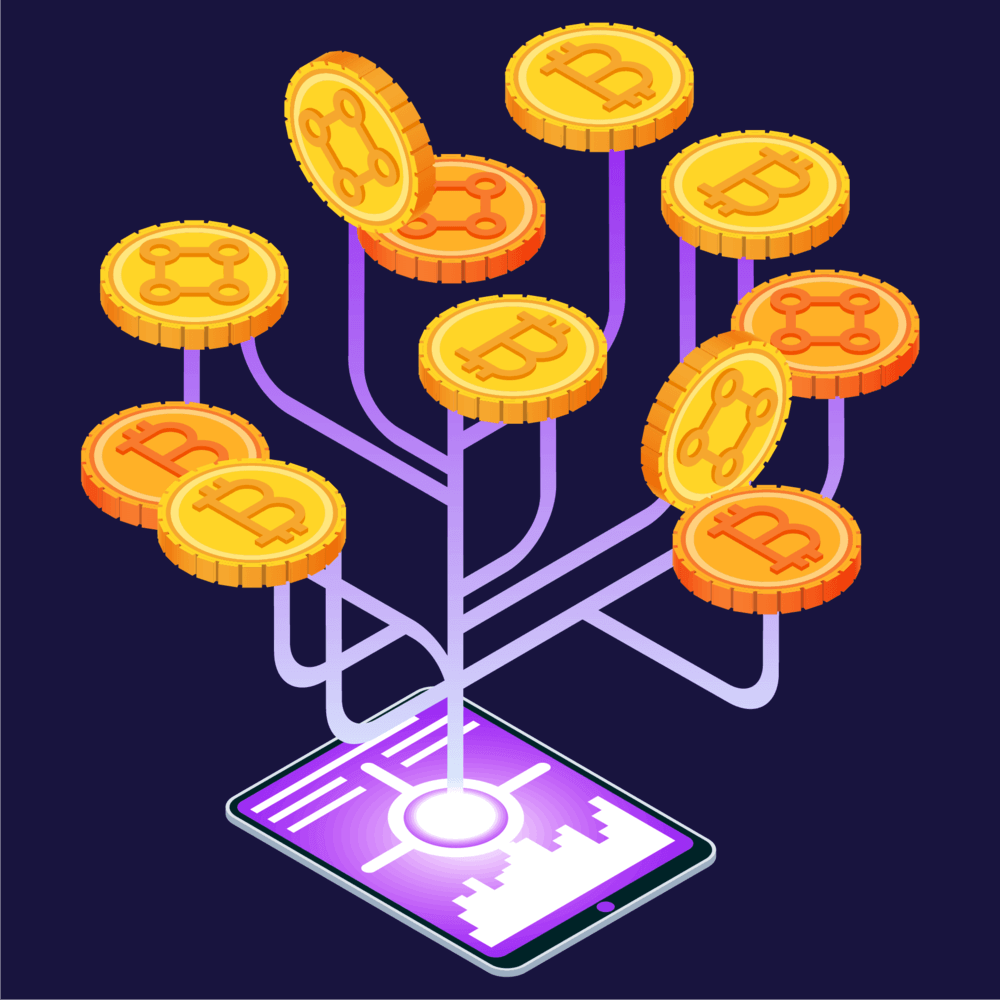
The Present: Expanding Horizons
As we transition into the present, it becomes evident that blockchain adoption within the retail sector is still in its infancy, but the pace of growth is accelerating significantly. Retailers are beginning to recognize the multifaceted benefits that blockchain technology can offer beyond the initial applications.
Innovative Uses of Blockchain
In addition to the aforementioned applications, retailers are actively exploring innovative uses of blockchain technology. Notable examples include retailers creating their own branded cryptocurrencies and developing entirely new retail marketplaces that leverage the unique capabilities of blockchain.
Examples of Current Blockchain Usage in Retail
To gain insights into the ongoing blockchain adoption in the retail sector, let's examine a few noteworthy examples:
- Walmart: Continuing to leverage blockchain to enhance food safety and trace the provenance of its product offerings.
- Carrefour: Extending its blockchain utilization to track the origins of its exclusive textile products and organic items, further emphasizing its commitment to product quality and transparency.
- IBM: Collaborating with a consortium of retailers to develop blockchain solutions spanning supply chain management, loyalty programs, and secure payments.
- Amazon: Reportedly making strides in the development of its blockchain platform, with potential implications for its expansive retail ecosystem.

Forecasted Trends in Blockchain for Retail in the Near Future
Based on the current landscape and the trajectory of blockchain adoption, we can anticipate several noteworthy trends that will continue to shape the future of retail.
Trend 1: Continued Growth in Supply Chain Management
The adoption of blockchain technology for supply chain management is expected to witness sustained growth within the retail sector. This trend is fueled by several compelling factors:
- Enhanced Traceability: Blockchain offers an immutable ledger that allows retailers to trace the journey of products from their origin to the consumer's hands. This transparency is invaluable for ensuring the authenticity and quality of products.
- Improved Transparency: Consumers today are increasingly concerned about the origins of the products they purchase. Blockchain can provide real-time visibility into the supply chain, allowing consumers to make more informed choices.
- Counterfeit Prevention: The retail industry faces substantial challenges due to counterfeit products. Blockchain's ability to verify product authenticity at every stage of the supply chain helps combat this issue.
- Efficiency Gains: By automating processes and reducing manual record-keeping, blockchain can significantly improve the efficiency of supply chain operations. This translates to cost savings and faster delivery times.
- Regulatory Compliance: Many industries, including retail, are subject to strict regulations. Blockchain's transparent and tamper-proof ledger can simplify compliance efforts by providing an auditable record of activities.
As retailers continue to recognize the benefits of blockchain in ensuring product provenance, enhancing transparency, and safeguarding food safety, it's anticipated that more companies will invest in blockchain solutions to optimize their supply chain operations.
Trend 2: Expansion of Blockchain Use Cases
Beyond supply chain management, blockchain's influence within the retail sector is set to expand into other critical areas:
- Loyalty Programs: Blockchain's security and traceability are well-suited for loyalty programs. Retailers can create loyalty tokens or points on the blockchain, offering customers a secure and easily redeemable incentive system. The decentralized nature of blockchain ensures that loyalty points are not tied to a single retailer, potentially fostering broader adoption.
- Payments: Although the adoption of blockchain payments has been gradual, it is expected to gain momentum. The key advantages of blockchain payments, including speed, security, and cost-efficiency, are compelling for both retailers and consumers. As consumer awareness and trust in blockchain payment methods grow, more retailers may embrace this technology.
- Customer Relationship Management (CRM): Blockchain can revolutionize CRM systems by providing an immutable and transparent record of customer interactions. Retailers can build trust with their customers by demonstrating the secure and ethical handling of customer data. Additionally, smart contracts can automate various CRM processes, reducing administrative overhead.
The expansion of blockchain use cases underscores its versatility within the retail sector. Retailers will increasingly explore these applications to elevate customer engagement, enhance operational efficiency, and create more secure and transparent interactions with their customers.
Trend 3: Increased Adoption of Blockchain Payments
While the adoption of blockchain payments has faced initial hurdles, it is poised for gradual growth. Several factors contribute to this trend:
- Consumer Confidence: As consumers become more familiar with blockchain technology and its security features, confidence in blockchain payments is likely to increase. Retailers can play a pivotal role in educating customers about the benefits of blockchain payments.
- Merchant Acceptance: A critical factor in the adoption of blockchain payments is the willingness of merchants to accept them. As more retailers embrace blockchain payments, consumers will have more opportunities to use them, driving wider acceptance.
- Cross-Border Transactions: Blockchain's ability to facilitate cross-border transactions without the need for traditional financial intermediaries is particularly appealing for international retailers. Blockchain payments can significantly reduce transaction costs and processing times for global transactions.
- Integration with Traditional Systems: As blockchain payment solutions become more user-friendly and seamlessly integrate with existing payment infrastructure, the barriers to adoption will diminish.
While it may take time for blockchain payments to reach mainstream acceptance, the advantages they offer in terms of speed, security, and cost-effectiveness make them a compelling proposition for both retailers and consumers.
Trend 4: Emergence of Branded Cryptocurrencies
A notable trend in the retail sector is the emergence of branded cryptocurrencies. This concept involves retailers creating their own digital currencies or tokens. Key aspects of this trend include:
- Unique Customer Incentives: Retailers can use branded cryptocurrencies to offer unique customer incentives, such as discounts, rewards, or access to exclusive products or services. These incentives can foster brand loyalty and engagement.
- Customer Engagement: Branded cryptocurrencies provide an innovative way to engage with tech-savvy consumers. By participating in the retailer's cryptocurrency ecosystem, customers can feel more connected to the brand.
- Regulatory Considerations: The success of branded cryptocurrencies hinges on navigating regulatory considerations. Retailers must ensure compliance with financial regulations and data privacy laws, which may vary by jurisdiction.
- Consumer Adoption: The success of branded cryptocurrencies will ultimately depend on consumer acceptance. Retailers need to communicate the benefits of these digital assets to their customer base effectively.
While the adoption of branded cryptocurrencies is still in its early stages, it represents a novel approach for retailers to differentiate themselves and create unique customer experiences.
Trend 5: Blockchain-Powered Retail Marketplaces
The emergence of blockchain-powered retail marketplaces is a paradigm shift that promises transformative impacts on the retail landscape:
- Decentralization: Blockchain-powered marketplaces operate in a more decentralized manner, reducing the reliance on intermediaries. This can lead to lower fees for sellers and potentially lower prices for consumers.
- Peer-to-Peer Transactions: These marketplaces facilitate peer-to-peer transactions, enabling direct interaction between buyers and sellers. Smart contracts can automate aspects of transactions, enhancing trust and efficiency.
- Unique Features: Blockchain-powered marketplaces can offer unique features, such as decentralized reputation systems, fractional ownership, and decentralized autonomous organizations (DAOs), which can redefine how retail transactions are conducted.
- Amazon's Entry: The reported development of a blockchain platform by Amazon suggests a major player's interest in this space. Amazon's involvement could further accelerate the adoption of blockchain-powered marketplaces.
The rise of blockchain-powered marketplaces introduces a new era of retailing, where buyers and sellers have more control and a greater stake in the ecosystem.
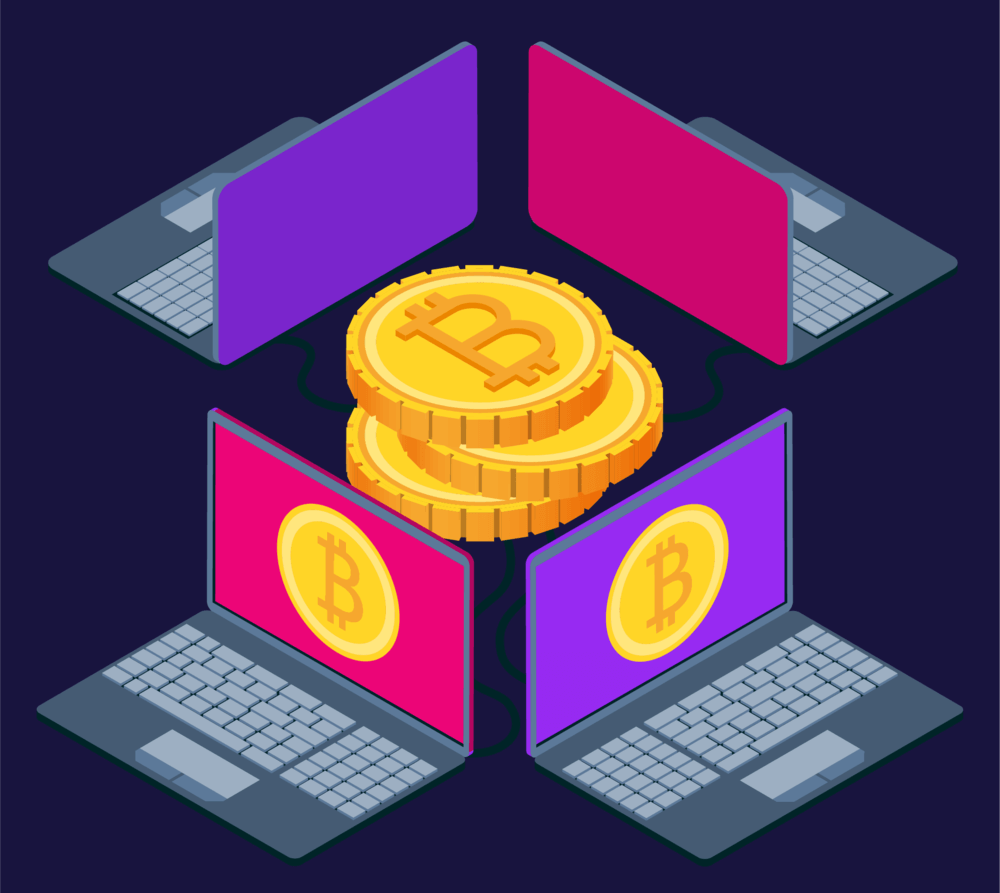
How Retail Businesses Can Leverage Blockchain Trends
As the retail industry continues to evolve with blockchain technology, businesses within the sector can take several strategic actions to capitalize on these emerging trends:
- Stay Informed and Adapt: Continuously monitor blockchain developments in the retail sector to identify emerging opportunities and adjust strategies accordingly.
- Pilot Blockchain Projects: Experiment with blockchain initiatives, such as loyalty programs or supply chain enhancements, to assess their viability and potential benefits.
- Educate Customers: Proactively raise consumer awareness about blockchain payments and branded cryptocurrencies to facilitate adoption.
- Collaborate for Success: Partner with blockchain solution providers and collaborate with industry peers to leverage collective expertise and resources.
- Navigate Regulatory Waters: Ensure that any blockchain initiatives are meticulously aligned with relevant regulations and standards to maintain compliance.
- Embrace Agility: In an era of rapid technological change and shifting consumer preferences, adaptability is key. Be agile in responding to evolving market dynamics and emerging technologies.

Final thoughts:
In conclusion, blockchain technology is poised to reshape the retail industry in profound and dynamic ways. By comprehending the trends and seizing the opportunities presented by blockchain, retailers can not only stay competitive but also provide enhanced experiences for their customers in this blockchain-powered future.
If you are looking for a trusted IT partner, VNEXT Global is the ideal choice. With 14+ years of experience, we surely can help you to optimize your business digitalization within a small budget and short time. Currently, we have 400+ IT consultants and developers in Mobile App, Web App, System Development, Blockchain Development and Testing Services. We have provided solutions to 600+ projects in several industries for clients worldwide. We are willing to become a companion on your way to success. Please tell us when is convenient for you to have an online meeting to discuss this further. Have a nice day!


